
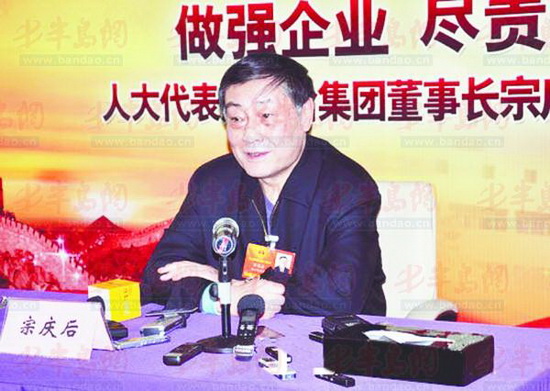 |
| Zong Qinghou, chairman of Hangzhou Wahaha Group Co, has been looking for suitable investments in Europe.(File Photo) |
Hangzhou Wahaha chief to keep looking for European opportunities
China's richest man, beverage tycoon Zong Qinghou, plans to invest in high-tech projects overseas and will continue buying trips to Europe to expand his newly launched shopping mall businesses in China.
Zong, chairman of Hangzhou Wahaha Group Co, the country's largest beverage group, said it is looking for projects involving high-end technology such as energy-saving electric motors, robots and biotechnology projects.
"I hope to introduce this good technology and expand manufacturing and sales in China," said Zong, listed as the richest billionaire on the Chinese mainland this month by wealth research unit the Hurun Research Institute, with a fortune of 82 billion yuan ($13 billion).
Zong, also an NPC deputy from Zhejiang province, said many European countries have been open-minded on high- technology exports.
"Only if they sell their technology can they invest further in higher-level research," said Zong, who has been seeking suitable investment projects.
To seek investment opportunities in oil and natural gas exploration, he traveled to resource-rich countries and visited drilling platforms but the cost was higher than he expected.
"Sometimes, you need to have long vision and wait for the right projects," he said.
Last year, Zong started to enter the retail market by opening a luxury shopping center, WAOW Plaza in Hangzhou, capital of Zhejiang province, selling medium-to-high-end luxury brands from top European designers.
The group invested 1.7 billion yuan in the first phase, with plans to establish another five to 10 shopping malls next year and a total of 100 in five years nationwide, he said.
The company plans to regularly buy designer fashion products from Europe.
"We are targeting second-tier luxury products, which have not set foot in China yet," said Zong, who visited Spain, France last year and is expected to approach fashion brands in Germany and the United Kingdom.
"Italy and France are overwhelmed by top designers. We need new and dynamic second-tier brands to freshen young Chinese people's minds.
"We haven't got the best deals yet," he said of the purchases in Europe. "But as we expand our operations, we could get better prices and then sell more. It is a win-win for both sides."
In answer to doubts over whether now is the right time to build shopping centers in a depressed retail market, with consumers showing declining interest in luxury consumption after the government stepped up efforts to tackle corruption, Zong said top luxury sales will fall but fashion brands targeting young people in urban areas will take a new direction, benefiting his shopping center.
While many Chinese enterprises have gone global, Zong said he is not accelerating overseas competition but is aiming to expand the market in China.
"You would be kicked out if you are competing with local businesses when their market is sluggish," he said. "But if you go there solving their sales problems, they will welcome you."
Zong's proposals call for policies to end taxation for wage earners, and ask the government to provide each household with affordable housing, to increase income and stimulate consumption.

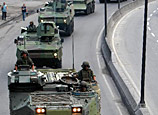
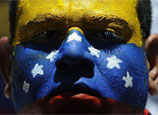
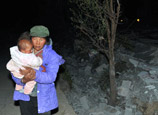
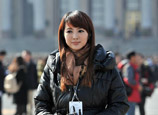
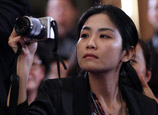
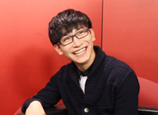
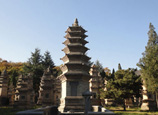
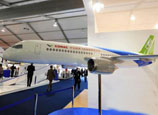
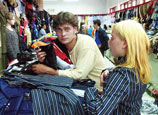






 The millionaire philanthropist promotes 'Clean Plate Campaign' at CPPCC session.
The millionaire philanthropist promotes 'Clean Plate Campaign' at CPPCC session.


![]()
